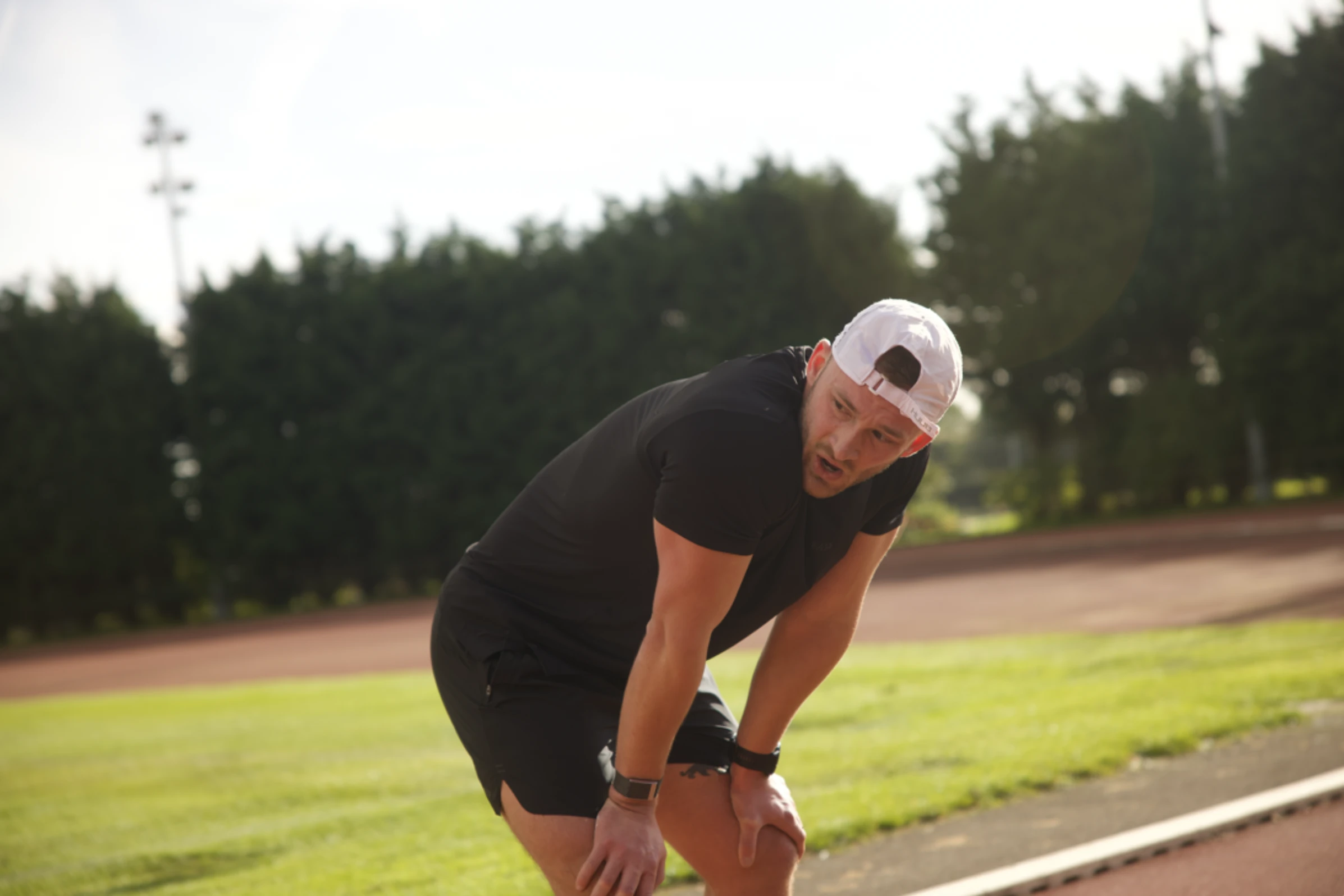Hybrid vs Concurrent Training: Understanding the Difference
If you've ever wondered whether you should focus purely on strength training or purely on endurance- or if there's a way to excel at both - you're not alone. At Omnia Performance, this is the exact challenge we help athletes navigate every day.
Two concepts that often get confused are concurrent training and hybrid training. While they might sound similar, they represent fundamentally different philosophies and goals-and understanding the difference can shape how you train, perform, and progress.
What is Concurrent Training?
Concurrent training is the practice of training two different fitness elements simultaneously- typically strength and cardiovascular fitness. The key distinction is that one element usually serves to support the other.
Think of a rugby player who needs strength for scrums but also cardiovascular endurance for an 80-minute match. Their strength training makes them a better rugby player. Similarly, a distance runner might incorporate strength training not to become a powerlifter, but to improve running performance and reduce injury risk.
In concurrent training, there's typically a primary sport or goal, with secondary training acting as a complement.
Understanding Hybrid Training
Hybrid training takes a different approach entirely. Rather than using one type of training to support another, hybrid training involves actively pursuing improvement in two separate sports simultaneously. This might mean training for both powerlifting and triathlon, or excelling in both Olympic lifting and marathon running.
The crucial difference is intent. In hybrid training, you're genuinely trying to get stronger while also getting faster. You want your squat numbers to go up AND your 10K times to come down, even though pursuing both goals simultaneously means slower progress in each area compared to someone who specializes.
This appeals to athletes who enjoy both strength and endurance sports and are willing to accept that trade-off for the satisfaction of improving in both domains.
The Research Challenge
Here's where things get interesting. While there's substantial research on concurrent training, studies specifically examining hybrid training are rare. Most research focuses on how strength training can support endurance performance or vice versa, but there's limited investigation into optimizing simultaneous improvement in both areas.
The research that does exist typically involves shorter study periods-often 25 weeks or less-which doesn't reflect the long-term commitment hybrid training requires. Additionally, research environments try to control variables, but real-world hybrid training is highly individualistic. Every athlete responds differently based on genetics, training background, and current fitness level.
This creates a unique challenge. While we can draw insights from concurrent training research, much of what we know comes from practical experience and ongoing experimentation with individual athletes.
Key Takeaways
Understanding the difference between concurrent and hybrid training can help you make more informed decisions about your training approach:
Concurrent training uses multiple training modalities to improve performance in one primary area, while hybrid training actively pursues improvement in multiple distinct sports simultaneously.
The research on hybrid training specifically is limited, making practical experience particularly valuable. Individual variation is significant—what works for one athlete may not work for another.
Whether you choose concurrent or hybrid training depends on your goals and interests. If you're passionate about excelling in multiple areas and willing to accept potentially slower progress in each, hybrid training might be perfect. If you have one primary performance goal and want to use other training modalities to support it, concurrent training is likely your best bet.
The key is understanding what you're trying to achieve and structuring your training accordingly. In both cases, patience, consistency, and willingness to adapt based on your individual response will be crucial to your success.
At Omnia Performance, we strive to be prepared in all things. If you're wanting to follow a structured plan to take you to your next goal or 1:1 coaching for that extra support, check out our memberships here
 The 5 Pillars of Ultra Marathon Readiness
The 5 Pillars of Ultra Marathon Readiness
 Love the Game: Why the Process Matters More Than the Outcome
Love the Game: Why the Process Matters More Than the Outcome
 How To Build Muscle AND PB Your Next Marathon
How To Build Muscle AND PB Your Next Marathon